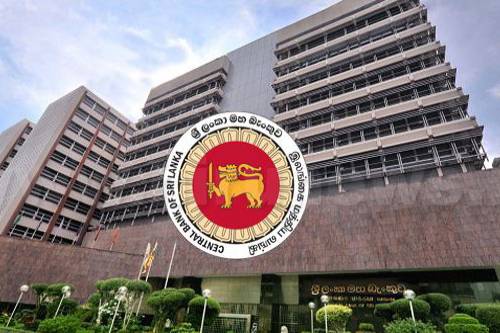Sri Lanka is set to devise and implement a strategy to improve the capability in obtaining formal financial services at a bearable cost to all the individuals and entrepreneurs in the society, Central Bank sources said.
This Financial Inclusion Strategy (NFIS) expects to provide opportunity for all the citizens to access payments, savings, loans, insurance as well as financial tools and services such as pensions.
The Strategy as well as the action plan for that has been prepared for enhancing the financial inclusiveness of Sri Lanka with the contribution of the relevant
stakeholders by the Central Bank.
The Central Bank said NFIS is scheduled to come into effect soon and main focus will be on digital finance.
Central Bank Assistant Governor Asoka Handagama said the long-debated National Payment Platform (NPP) initiated by the previous regime will also be a part of NFIS.
The CB has also taken various measures to increase financial inclusion in the country. It has been promoting physical access to banking services by encouraging the opening up of branches in rural areas.
Sri Lanka has already made considerable progress in financial inclusion as there is high level of physical access to financial institutions in the country.
Banks and non-bank financial institutions have wider networks, even reaching the far corners of the country.
As a result, bank branch density currently stands at 18.6 branches for every 100, 000 adults.
Further, about 83 percent of the adult population in the country has accounts with formal financial institutions and more importantly the same percentage of women also have accounts at formal financial institutions, unlike in many other South Asian countries.
(LI)

